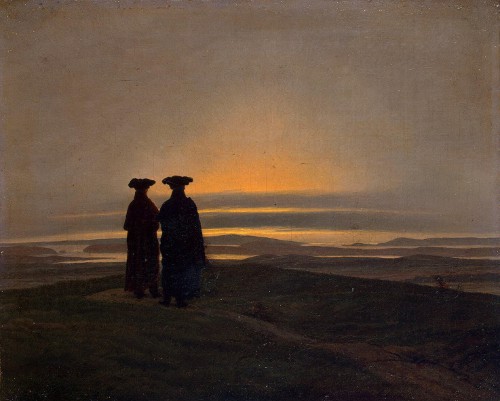
advesperate
v. to grow dark, to become night

advesperate
v. to grow dark, to become night
apprecation
n. a prayer or devout wish
An 1898 item in the New York Times notes that William Gladstone once attended a Presbyterian service in Scotland where the minister said, “We pray Thee, Lord, of Thy goodness, to bless the Prime Minister of this great nation, who is now worshipping under this roof in the third pew from the pulpit.” And a Presbyterian minister opening an outdoor event reportedly prayed, “In consequence of the rain, O Lord, and by reason of the regretted absence of the Princess of Lochnagar, caused, doubtless, by the stormy weather, I do not purpose to address Thee at any length.”
Before a battle in the Irish rebellion of 1641, John Leslie, bishop of Clogher, prayed, “O God, for our unworthiness we are not fit to claim Thy help: but if we are bad our enemies are worse, and if Thou seest not meet to help us, we pray Thee help them not, but stand Thou neuter this day, and leave it to the arm of flesh.”
(During the American Civil War, Abraham Lincoln said, “We, on our side, are praying to Him to give us victory, because we believe we are right; but those on the other side pray to Him, look for victory, believing they are right. What must He think of us?”)
In his 1863 history of France, Victor Duruy tells of a soldier named La Hire who sought absolution from a priest during the siege of Montargis in 1427. The priest asked him to confess first, and he said, “I have not time, for I must fall upon the English. But I have done all that a man of war is wont to do.” The chaplain gave him absolution such as it was, and La Hire fell on his knees by the roadside and said, “God, I pray thee that to-day thou wilt do for La Hire that which thou wouldst have La Hire do for thee, if he were God and thou were La Hire.”
Others think the notion of a timeless God, with its perceptual metaphor of God passively perceiving each and every moment of time in a single, unchanging, comprehensive vision, fails to give God the freedom to act in creation, in particular, in the future. Suppose a student receives acceptances from three different universities and is trying to decide which to attend. She prays to God: ‘Lord, at which of the three universities will I have the best overall collegiate experience?’ On the timelessness view, God sees only the choice our petitioner actually makes, not the alternative futures that would have transpired had she chosen to go elsewhere. So how can God answer this prayer?
— W. Jay Wood, God, 2011
“Whatever a man prays for, he prays for a miracle. Every prayer reduces to this: ‘Great God, grant that twice two be not four.'” — Turgenev
See Asking Back.
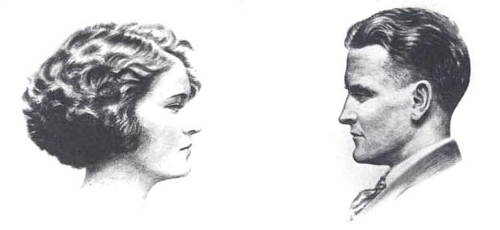
redamancy
n. the act of loving in return
Zelda to Scott Fitzgerald, spring 1919 or 1920:
I look down the tracks and see you coming – and out of every haze & mist your darling rumpled trousers are hurrying to me – Without you, dearest dearest I couldn’t see or hear or feel or think – or live – I love you so and I’m never in all our lives going to let us be apart another night. It’s like begging for mercy of a storm or killing Beauty or growing old, without you. I want to kiss you so – and in the back where your dear hair starts and your chest – I love you – and I can’t tell you how much – To think that I’ll die without your knowing – Goofo, you’ve got to try to feel how much I do – how inanimate I am when you’re gone – I can’t even hate these damnable people – Nobodys got any right to live but us – and they’re dirtying up our world and I can’t hate them because I want you so – Come Quick – Come Quick to me – I could never do without you if you hated me and were covered with sores like a leper – if you ran away with another woman and starved me and beat me – I still would want you I know –
Lover, Lover, Darling –
Your Wife
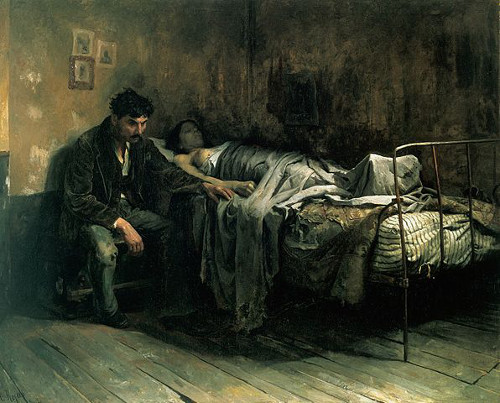
obolary
adj. poor or impecunious
inopious
adj. lacking wealth or resources; needy
ptochocracy
n. government by the poor

macrobian
adj. long-lived
annosity
n. fullness of years, length of life, agedness
Index entries from A. Lapthorn Smith’s How to Be Useful and Happy From Sixty to Ninety, 1922:
Absurdity of voluntary retirement at sixty
Adding ten years to life
Alcohol as cure for insomnia, very bad
All day in garden
Beard, long white, don’t wear
Carriage and pair shortens life
Cause of insomnia must be found
Cook, good, source of danger to elderly men
Crime to die rich
Engine drivers over sixty, what to do with them
Garrett, Mrs., of Penge, active voter at 102
If no relatives, spend on poor
Young people, company of, at sixty, how to keep
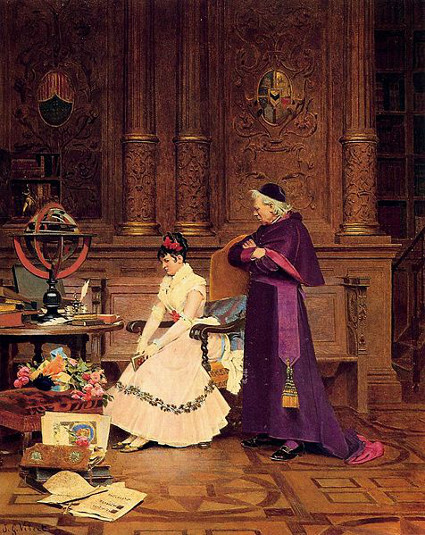
juvencle
n. a young girl
minauderie
n. a coquettish manner or air
increpation
n. a chiding, reproof, or rebuke
porporate
adj. clad in purple
titivil
n. “Name for a devil said to collect fragments of words dropped, skipped, or mumbled in the recitation of divine service, and to carry them to hell, to be registered against the offender.” [OED]
linguished
adj. skilled in language
logofascinated
adj. fascinated by words
logodaedaly
n. cunning in words; “verbal legerdemain”
oligoglottism
n. limited knowledge of languages
micropsychy
n. faint-heartedness
abulia
n. an inability to act decisively
quakebuttock
n. a coward
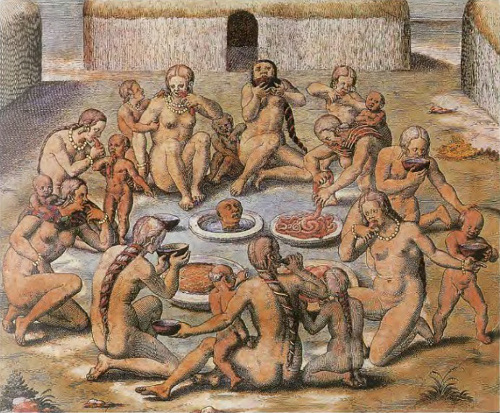
gynophagite
n. an eater of women
androphagous
adj. eating men
brephophagist
n. one who eats babies